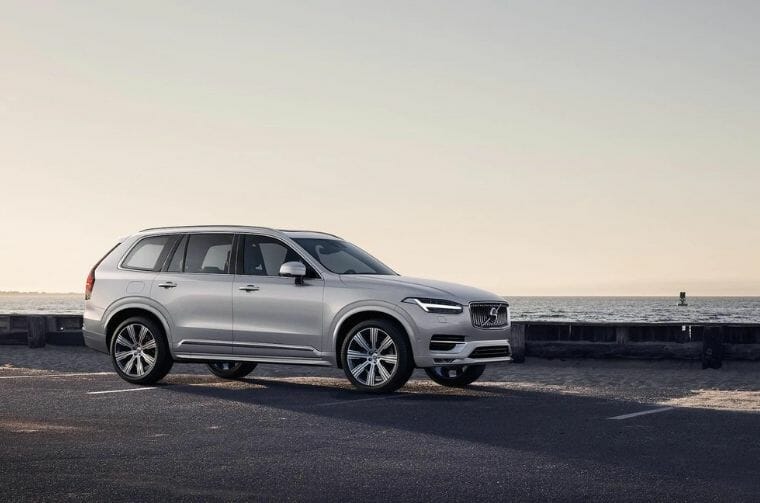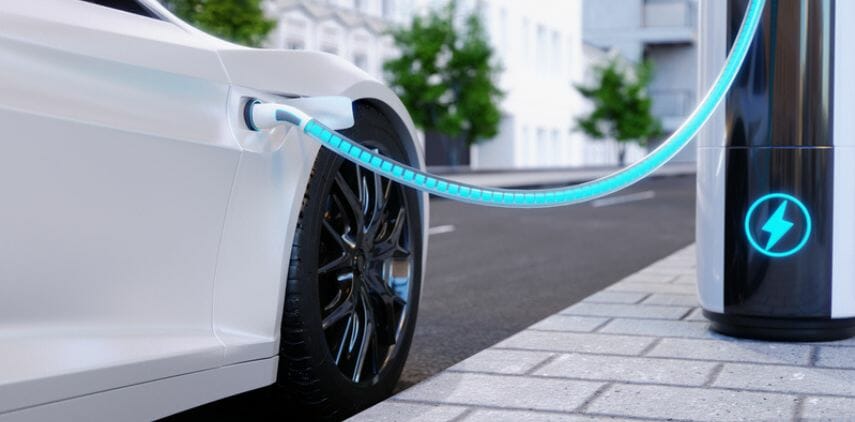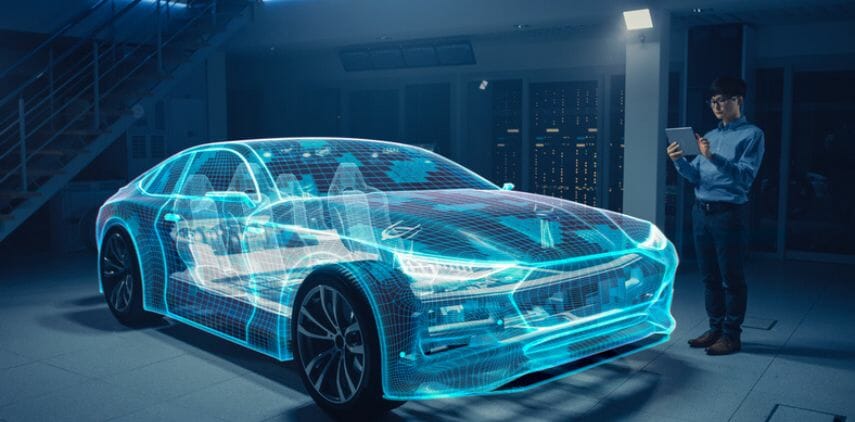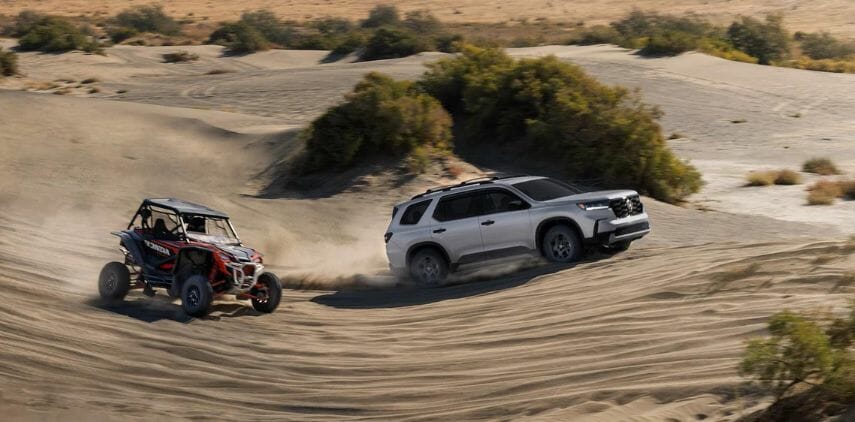Overview
Sedans and SUVs are the most popular categories for car buyers in most parts of the world. Sedans used to be the best-selling category until the advent of affordable compact SUVs in the market. SUVs have experienced incredible growth in their popularity over the last decade, and nowadays, SUVs constantly outsell sedans within any given price range. This has been mostly due to sustained low fuel prices over the last few years.
All car manufacturers are relentlessly coming out with new SUVs of varying sizes that fit the needs of each and every customer at every price point. Even the manufacturers that exclusively produce sports cars, such as Aston Martin and Lamborghini have launched SUVs, and even Ferrari has an SUV in the pipeline.
But do not let this discourage you from buying a sedan if that is what best suits your needs. The car you buy should be based on your needs and preferences, not based on which car is more popular. Sedans make a lot of sense for many people, especially with the recent surge in fuel prices across the world, which has reignited the SUV vs sedan debate all over again.
When it comes to buying a new car, the easiest method to choose from the plethora of available options is by laying out the pros and cons of each one and comparing them to find out which one ticks the most boxes for you for the least amount of money. This article will help you compare the various factors that distinguish SUVs and sedans from each other.
Table of Contents
The main difference between Sedan and SUV
Most SUVs were traditionally built on ladder-on-frame truck platforms, which exponentially increased their off-road capability, cargo space, and towing performance. Sedans usually lack off-road and towing capability, but they offered better driving dynamics and fuel efficiency.
However, that line is slowly being blurred these days due to the recent influx of crossover-style SUVs, which combines the practicality of SUVs with the ride, handling, and general ease of driving associated with a smaller car. Nowadays, only Full-Size (Standard) SUVs are built on underpinnings borrowed from trucks, and the rest of the SUVs are built on monocoque chassis.
The most important difference between a sedan and an SUV is usually their fuel efficiency. Most SUVs have bigger engines that produce a lot more power. But the downside is the lower fuel economy. (Highly fuel-efficient SUVs with smaller engines and hybrid powertrains do exist, but they are few in numbers as compared to the best-selling SUVs in the market).
In comparison, engines used in sedans are much smaller and they do not produce as much power as the engines in SUVs. This also means they promise lower fuel costs. The small amount in fuel savings may seem insignificant, but it can make a huge difference in the long run.
The higher ground clearance and the optional AWD/4WD system available with most SUVs help a lot off-road. Sedans with AWD are very rare, and the lower ground clearance restricts where you can take your car. Sedans also have very little towing capability, if at all. But even smaller crossovers are rated for towing a few thousand pounds.
The smaller size of sedans makes them much easier to drive around in city traffic and park in tight spots. SUVs boast better visibility due to the higher seating position, but maneuvering it through congested spaces can be nerve-racking for inexperienced drivers. Sedans handle twists and turns much better compared to SUVs thanks to the lower center of gravity. The tall and top-heavy construction of SUVs also makes them more likely to roll over during crashes.

Source: media.gm.com
Advantages of SUVs
- Space: SUVs offer a lot more space inside the cabin for the passengers as well as luggage. The extra legroom allows you to carry more passengers without sacrificing comfort. Cargo capacity is also worth mentioning, especially in the case of compact models.
- Seating Position: All SUVs have a commanding driving position. The higher seating, combined with the large windows allows for greater visibility. It comes in handy while negotiating tight spaces with such a big vehicle.
- Power: Most SUVs are equipped with big engines that can produce a lot of power. It enables them to perform well at high speeds and tow heavy objects with relative ease.
- Capability: Most SUVs can be equipped with an all-wheel-drive (AWD) or four-wheel drive (4WD) at least as an optional extra. Combined with the higher ground clearance, SUVs can traverse a variety of terrains that are just impossible in other types of cars.

Source: www.volvo.com
Advantages of Sedans
- Handling: Sedans have a lower center of gravity, which makes them more stable, especially through corners. It has a much lower chance of rolling over. They are also not as heavy as SUVs, so the handling is much more predictable. The smaller dimensions also help while negotiating tight spaces.
- Fuel Economy: The engines in sedans are more oriented towards fuel efficiency than performance. Also, these engines do not have to pull as much weight either. And their shape is better in terms of aerodynamics. All of this significantly reduces the fuel costs and consequently makes them much better for the environment.
- Less Expensive: If we consider sedans and SUVs with similar tech features, the SUVs are likely to be a few thousand dollars more expensive than the sedans. It is also true for the insurance and later the maintenance costs as well. Therefore, sedans are always the cheaper option of the two.

Source: media.gm.com
Main Sedan VS SUV comparison
Let us compare the main factors that differentiate SUVs and sedans.
Safety
SUVs tend to have better crash-test scores compared to sedans, due to their heavy and bulky construction. In terms of features, both SUVs and sedans get the latest technology features, but SUVs are still considered to be the safest between the two.
Long Drive
SUVs are seriously impressive at hauling a lot of stuff. If you are traveling with a lot of people, SUVs will be powerful enough to not bog down under the extra load of the passengers and their luggage. The AWD/4WD systems can also come in handy if you ever encounter a rough patch of road on the way or you wish to go off-road.
But if there are not a lot of people and luggage to carry, then sedans are the ideal choice from a driver’s point of view. Because they are more engaging to drive, and you feel a better connection to the road. They do not move around as much as SUVs, so ride quality is good. They are also easier to drive in city traffic.
Performance
SUVs are more likely to have a more powerful engine, so they provide the most performance. They are also much more capable off-road and can easily tow a lot more weight than a sedan. But sedans usually handle much better as they are lighter and sit closer to the ground. You should try both of them, to figure out which one you like the most.
Snow
Most cars can handle a little bit of snow if they are equipped with proper snow tires. But if the roads are filled with thick layers of snow, the low ground clearance of sedans will be a problem. SUVs can handle a lot more snow, and if it is equipped with AWD, the amount of grip will also be more improved. So if you have to drive through heavy snow or snow-covered inclines often, an SUV with a good AWD will be the best choice.
Comfort
SUVs have a lot of space and legroom for the passengers. The cabin feels more roomy and airy in an SUV. But the ride quality in a sedan will be much smoother overall. Due to the top-heavy build of SUVs, they do not feel as stable and planted as an SUV. But the big wheels and the long travel suspensions in the SUVs do show their worth on rough patches of the road as they soak up most of the imperfections on the road.
Cost
While comparing the overall cost of a sedan and an SUV, there are multiple factors to consider, such as the cost to purchase an SUV, the expenses of maintenance, and the fuel efficiency of the vehicle.
To buy
SUVs are usually a few thousand dollars more expensive than a sedan. The bigger dimensions and the more powerful engines command a premium, and rightfully so.
To look after
SUVs require that consumables such as brake pads and fluids are replaced more often than in a typical sedan, and the replacements cost more too. So SUVs are a bit more expensive to maintain in comparison.
Fuel-efficiency
As discussed above, fuel costs are greater for SUVs due to the bigger and more powerful engine and the heavier build. Comparatively, sedans are more fuel-efficient.
Insurance
The cost of insurance depends on a lot of factors such as the model, year of manufacture, fuel type, location, and a plethora of others. But the average SUV is usually more expensive to insure than a sedan.
Safety – Which one is safer: Sedan or SUV?
Several studies have shown that SUVs are safer than sedans during crashes. They also do not incur as much damage during crashes, as they are higher off the ground and most damage will be absorbed by the bumper during frontal and rear crashes.
Long Drive – SUVs vs Sedans, which to choose for a long drive?
SUVs are better for long drives if you have to carry a lot of passengers and their luggage. The powerful engine in the SUVs makes sure that there is enough grunt to carry that extra load through rough patches and inclines without getting stuck. And the stronger suspension ensures that the car does not bottom out on bumpy roads.
But if you are traveling light and do not need to carry the load, then sedans might be a better choice for you. It will be more exciting to drive, and the ride quality also will be better.
Which is overall easier to drive?
Sedans are easier to drive as they are smaller in dimension and do not weigh as much as SUVs. They will not require as much effort to maneuver through city traffic and will be much easier to park in tight spots as well.
Performance Pros and Cons in SUV vs Sedan Comparison
Sedan
SUV
Sedan vs. SUV in snow
Sedans can handle a little amount of snow provided that they are equipped with snow tires. But if your locality does not have the proper infrastructure to clear snow frequently, and you have to drive on deep snow, the ground clearance in SUVs will come in handy. The AWD system in SUVs will also provide more grip, especially when driving on inclines.
Comfort – What is more comfortable, Sedan or SUV?
SUVs have a lot of space in the interior, so the passengers will feel quite comfortable. But SUVs usually cannot match the ride quality of a sedan. SUVs with the bigger wheels will be better over bumpy roads, but on highways and smooth roads, sedans will feel much more planted and stable.
Cost – Which is cheaper to get?
Now let’s dive into money matters. In today’s cut-throat competitive market, the prices of SUVs and sedans are almost in the same range. But if you have to compare prices, it’s time to find out which one costs less to buy and to take care of.
Is a Sedan or SUV cheaper to buy?
Sedans are usually the cheaper cars to buy.
Which is cheaper to look after?
The SUVs require maintenance more often, and their replacements are also pretty expensive, so sedans are cheaper to look after.
Is an SUV more fuel-efficient than a Sedan?
Excluding the SUVs with hybrid powertrains, sedans are usually more fuel-efficient than SUVs by a huge margin.
Which is cheaper for Insurance?
Insurance costs depend on a lot of individual factors, so it is quite hard to generalize it over the whole segment. But on average, it will cost more to insure an SUV compared to sedans.
Sedan vs Compact SUV
Whether you should choose a sedan or a compact SUV entirely depends on your personal preferences. Are you ready to sacrifice the comfort and driving dynamics of a sedan for the increased ground clearance and legroom of a compact SUV? Then you can unhesitantly go for the latter. However, if you opt for a small SUV, you also have to be prepared for the low fuel economy, and not-so-smooth rides. But it’s worth mentioning that most modern compact SUVs are designed for urban roads, so your ride quality won’t get too much affected.
Hyundai Accent, Kia Rio, Honda Civic, and Mercedes-AMG A35 are some of the popular sedans you can check out. In the compact SUV segment, you can take a look at Hyundai Tucson, Kia Sportage, Subaru Forester, and Jeep Compass, to mention a few.
Hatchback vs Sedan vs SUV
Hatchbacks are the least expensive of the bunch. They are not as spacious as sedans or SUVs, and they do not have the cargo capacity either. Their engines are also usually smaller and not that powerful either. But they are quite cheap upfront, and to maintain as well, and the insurance too is usually really cheap.
Sedan vs Coupe vs Hatchback vs SUV
Coupes are similar to hatchbacks in terms of cabin space. But the power output is the biggest difference. Coupes are sports cars that are small in dimensions and produce a lot of power. They are shaped like sedans, but they are much shorter and only have two doors. In comparison, SUVs are a lot bigger in size.
Why are SUVs becoming more popular than sedans?
The low fuel costs that prevailed throughout the last few years mostly fuelled the popularity of SUVs. And SUVs are expensive cars, so manufacturers are also incentivized to introduce new models to take advantage of the growing popularity.
Sedans are less bulkier than sports utility vehicles, so they are easier to drive and maneuver.
[/dipl_faq_page_schema_item][dipl_faq_page_schema_item faq_question=”What is more comfortable: sedan or SUV?” _builder_version=”4.13.1″ _module_preset=”default” question_heading_level=”h3″ global_colors_info=”{}” theme_builder_area=”post_content”]
Sedans are designed for comfort, while SUVs are meant for sporty rides.
[/dipl_faq_page_schema_item][dipl_faq_page_schema_item faq_question=”Which is more fuel-efficient: an SUV or a sedan?” _builder_version=”4.13.1″ _module_preset=”default” question_heading_level=”h3″ global_colors_info=”{}” theme_builder_area=”post_content”]
SUVs are heavyweight, so quite naturally, they need more fuel to run. Sedans are lightweight and offer better fuel efficiency.
[/dipl_faq_page_schema_item][dipl_faq_page_schema_item faq_question=”Which is a better family car: a sedan or an SUV?” _builder_version=”4.13.1″ _module_preset=”default” question_heading_level=”h3″ global_colors_info=”{}” theme_builder_area=”post_content”]
If you’re looking for more passenger space and cargo area, an SUV is a practical choice for a family vehicle. It will offer a good off-road ability as well, if you prefer to tread on adventurous roads. But if you have a small family and comfort is your top priority, a sedan does the job of a family vehicle quite well.
[/dipl_faq_page_schema_item][dipl_faq_page_schema_item faq_question=”Which SUV is cheapest to maintain? ” _builder_version=”4.13.1″ _module_preset=”default” question_heading_level=”h3″ global_colors_info=”{}” theme_builder_area=”post_content”]
Hyundai Venue 2021 is the cheapest to maintain vehicle in the sub-compact SUV segment.
[/dipl_faq_page_schema_item][/dipl_faq_page_schema]






